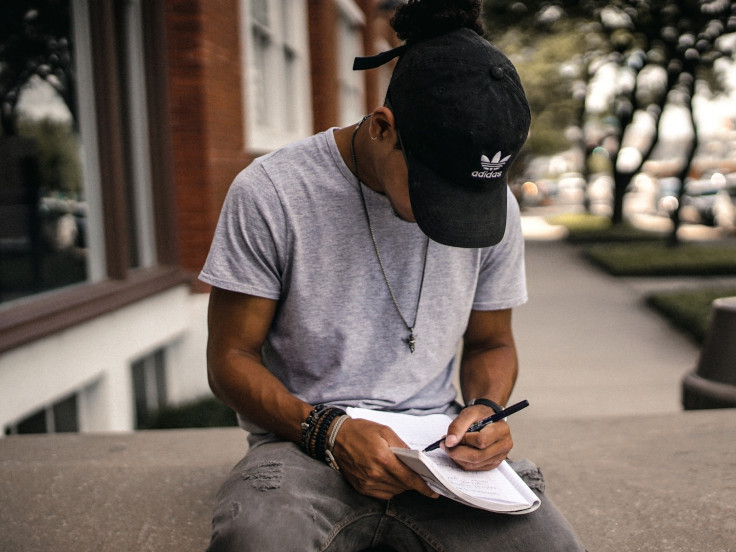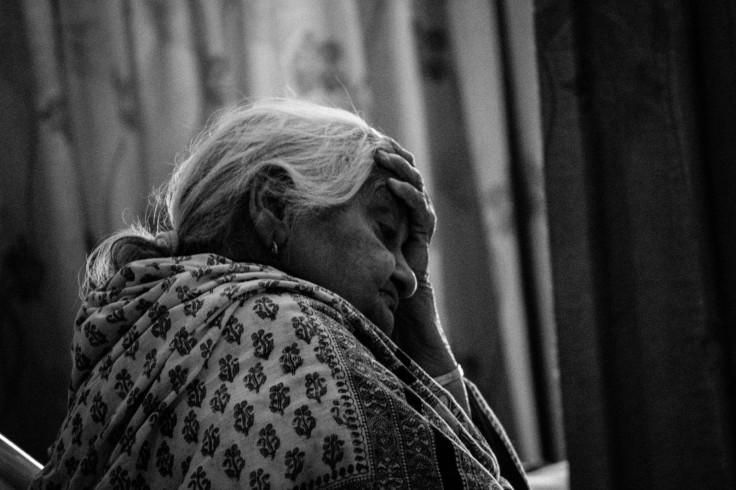Why are so many BAME children and young people struggling to access mental health help?

KEY POINTS
- 1 in 5 young people who used an anonymous mental health service were BAME.
- Only 13% of children's mental health services used were BAME.
Ethnic minority children are less likely to access traditional help for mental health struggles than their white counterparts across the country.
According to a report by the Education Policy Institute, BAME (Black, Asian and Minority Ethnic) children are much more likely to reach for help if it's online and anonymous, highlighting the issues of stigma and shame that cloud issues of mental health in many cultures.
The investigation examines the use of Kooth – an online counselling and emotional wellbeing platform for young people. Provided by XenZone, it's accessible on phones, tablets and computers, and is free to use in 70 commissioning areas.
Through their study, they uncovered that nearly one in five (18%) users were from ethnic minority background, compared with 13% of children referred to the traditional child and adolescent mental health service (CAMHS). One in four young people and children show some signs of mental health struggle.
Shuranjeet Singh Takhar is a Punjabi Sikh and founder of social media campaign, Taraki. Through user engagement – Punjabi boys or men email their thoughts, photos and experiences with mental health struggles for it to be shared on its Twitter page – Taraki is tackling the Punjabi community's issue of shame.
He says: "Conversations about mental health are often had in private [in the community]. They can feel shrouded in mystery and often even gossipy. This is part of the issue... as such discussions should not hold weight as gossip; they describe the actual experiences of an individual going through difficulty, and this should not be spun to attack a specific family, community, or household."
"In the Punjabi community more widely, ideas of 'bezhti', or honour, are wholly attached to family units. Actions which bring dishonour upon the family are seen as negative, and mental health difficulties are, unfortunately, largely understood as a source of dishonour."

He says that in the Punjabi community he "feel as though mental health discussions are silenced" under the cover of this. To have a mental health problem that people find out about is equated to embarrassing your family.
When looking at the recent findings regarding increased use in anonymous counselling, Takhar is far from surprised as much of his work stemmed from his community's instinct to silence mental health struggles. This desire to fight it alone is something he witnesses within Punjabi culture continuously.
"Punjabi communities are incredibly unlikely to face mental health issues outside of the domestic, or familial, environment. They are dealt with at the home, doctors, nurses and counselling services are not seen as a possible option until it may be too late."
What's more, he knows this isolation and inability to access help from his own experiences. Growing up he struggled with social anxiety and felt its effects in a number of ways. Through the help of a friend, he only began to understand it when it became more severe and pronounced at university.
"In my local Sikh community, mental health issues feel as though they are a lot more common than data shows, and I don't think that many of those going through mental health difficulty are even aware of it themselves, be that due to denial or a lack of understanding."
This could potentially point to another reason for why rates of help are so low among ethnic minorities – they are unable to understand the extent of their own mental health struggles.
When it comes to moving forward, Takhar things the issue is "speaking openly" and showing the "whole spectrum of ages, lifestyles and experiences" of people suffering with mental health problems.
Taraki can be reached at @_taraki__ on Twitter.






















